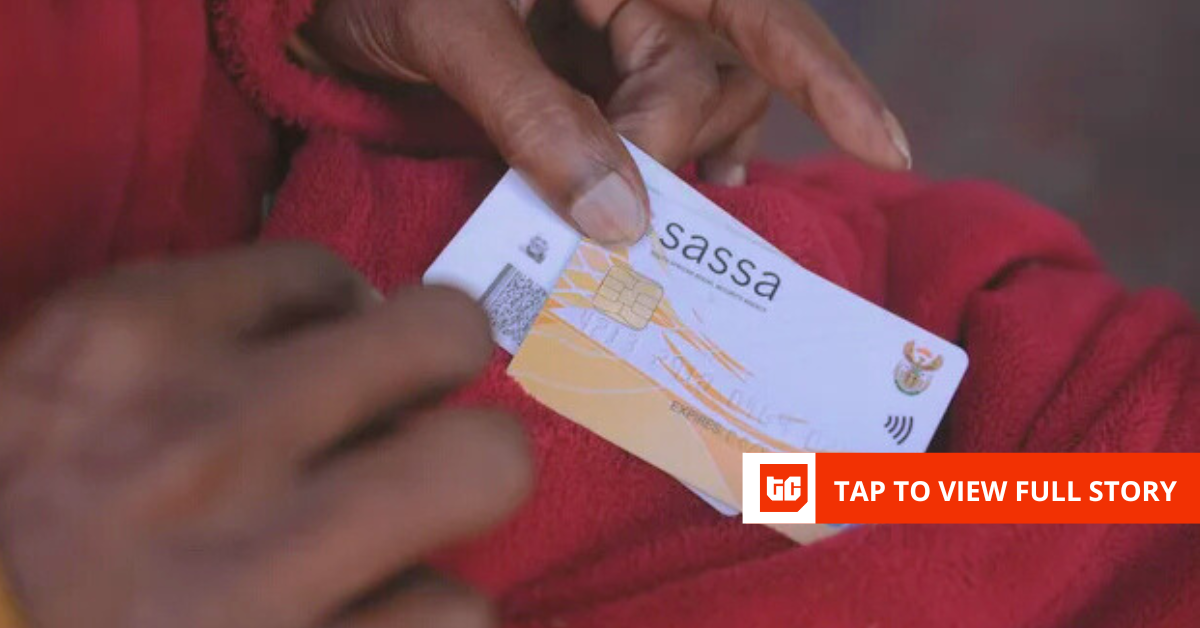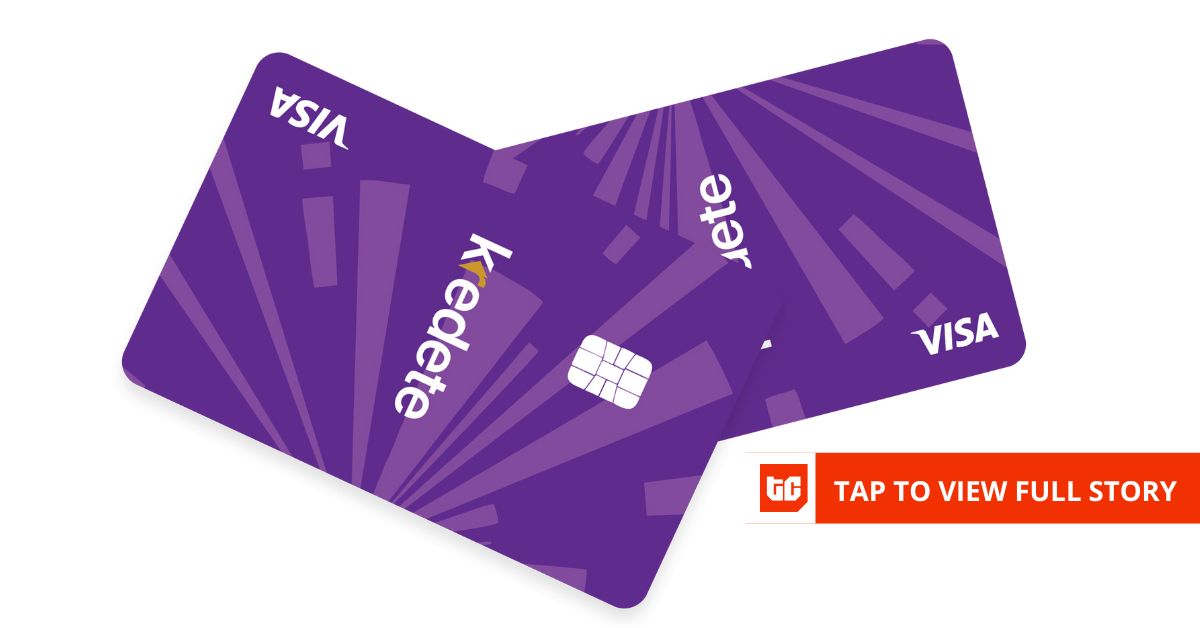In June, the South African Social Security Agency (SASSA) found that about 210,000 beneficiaries failed to disclose other sources of income. By law, all grant recipients must inform SASSA if their financial situation changes or if they start earning extra money. Violating this rule breaks the Social Assistance Act and could lead to their grants being stopped or even taken away permanently.
“Beneficiaries are obligated to inform SASSA of any changes to their financial circumstances after their application has been approved,” SASSA spokesperson Paseka Letsatsi said. “Failure to comply with these requirements constitutes a violation of the act and may result in corrective action.”
What must affected SASSA beneficiaries do immediately?
- Beneficiaries have 30 days from the date of notification to visit the local SASSA office for a mandatory grant review. They need to bring all relevant documents, including ID, proof of residence, bank statements, and any evidence of their current financial situation.
- Disclose any new sources of income, undeclared bank accounts, or changes in financial status. If beneficiaries still use the green bar-coded ID book, they need to switch to a smart ID card to reduce the risk of fraud.
- If beneficiaries do not report within the 30-day window, their grant may be suspended. Continued non-compliance can lead to grants being permanently cancelled.
- If a beneficiary grant is suspended, one can request a review or reconsideration by submitting the required documents to SASSA within 90 days of receiving the suspension notice.
- If reconsideration fails, a beneficiary can formally appeal to the Independent Tribunal for Social Assistance Appeals (ITSAA). Beneficiaries need to submit appeals online at the SASSA appeals portal (srd.sassa.gov.za/appeals) or at the local SASSA office. Attach all supporting documents (ID, proof of income, bank statements, and any relevant evidence). Beneficiaries need to track their appeal status online or by calling SASSA. The tribunal will review all cases and issue a final decision within 60 to 90 days.
“SASSA reiterates its zero-tolerance stance on fraud, and should there be evidence of any officials colluding with beneficiaries to defraud the system, immediate disciplinary and legal action will be taken to safeguard the integrity of the Agency and prevent financial losses,” said Letsatsi.
Staying safe from scams
Scams targeting vulnerable beneficiaries are on the rise, especially those who haven’t received their income or are struggling with digital access. Fraudsters often pose as helpers, offering to resolve digital issues but instead trying to steal personal information. To stay safe, beneficiaries must avoid sharing their SASSA cards or PINs, ignore suspicious SMSes or links, and always use official SASSA channels. Older individuals are encouraged to visit SASSA offices directly for assistance.
Mark your calendars! Moonshot by is back in Lagos on October 15–16! Join Africa’s top founders, creatives & tech leaders for 2 days of keynotes, mixers & future-forward ideas. Early bird tickets now 20% off—don’t snooze! moonshot..com
.











